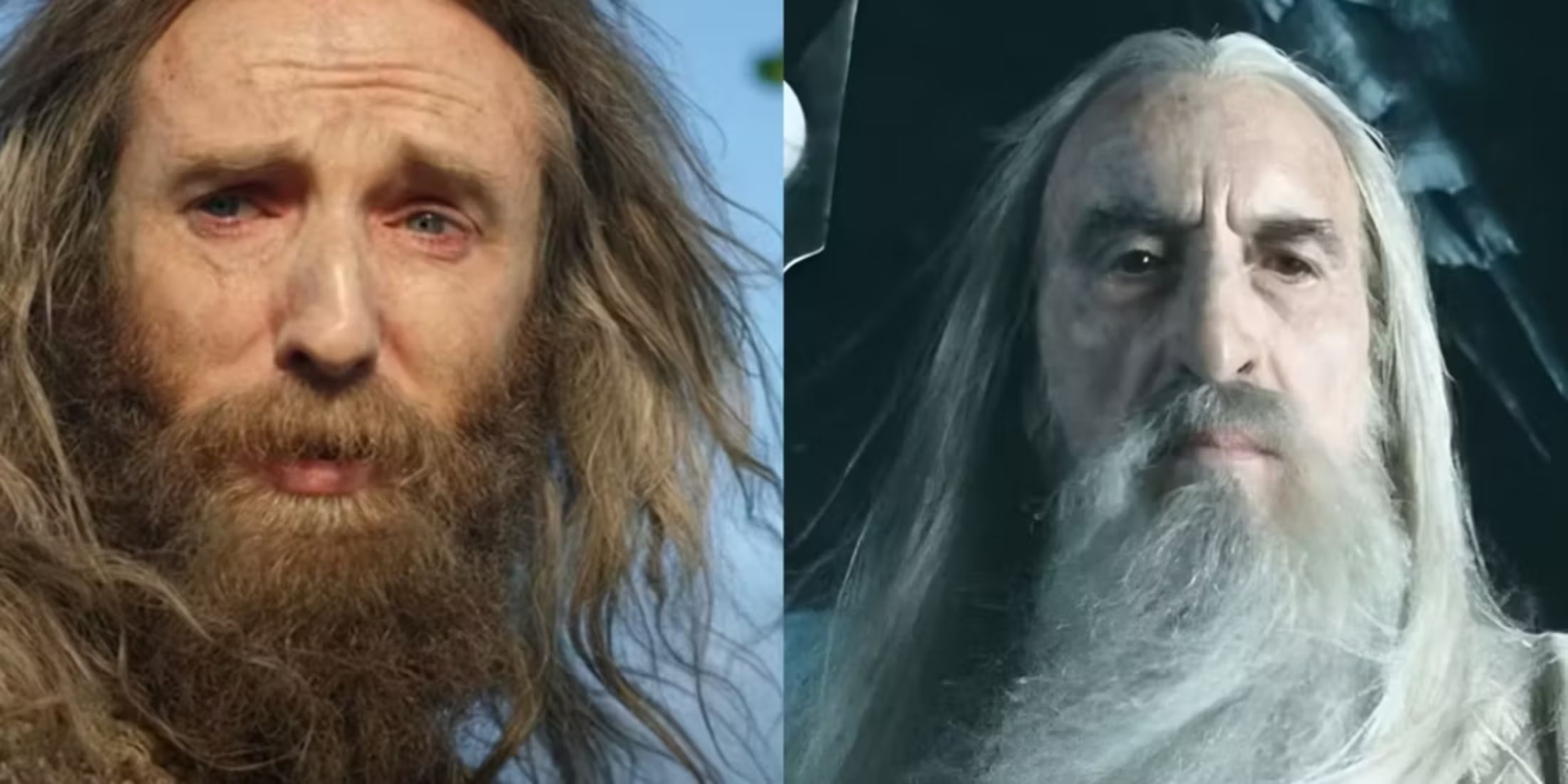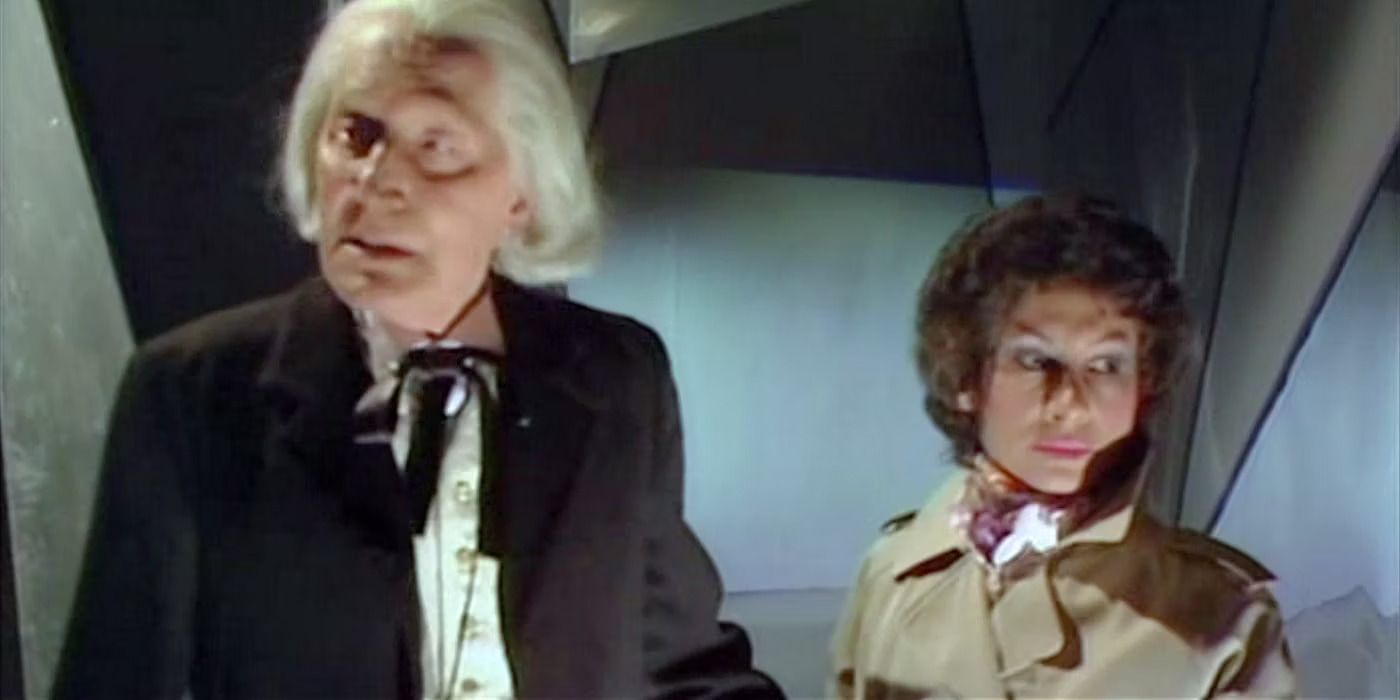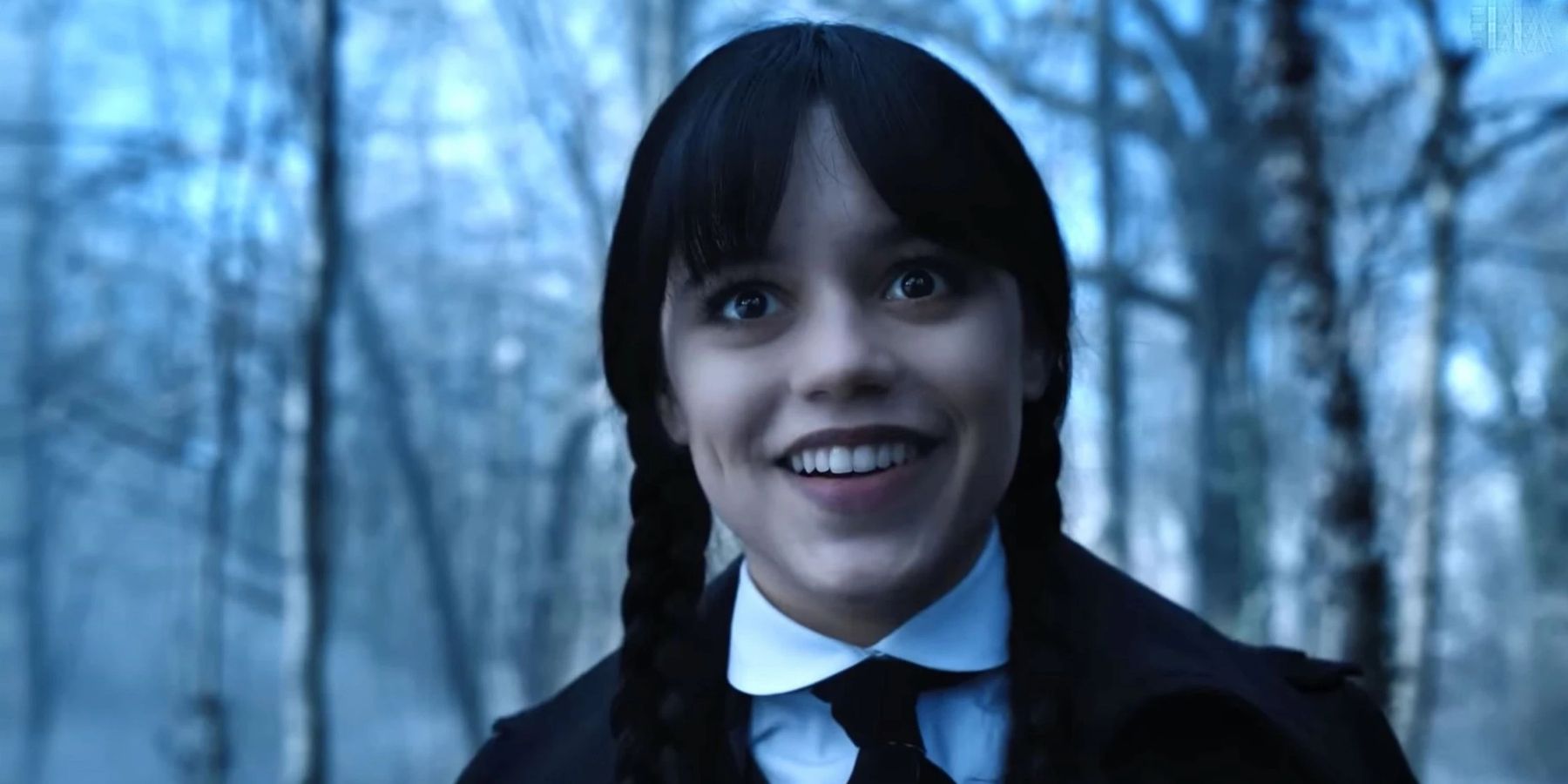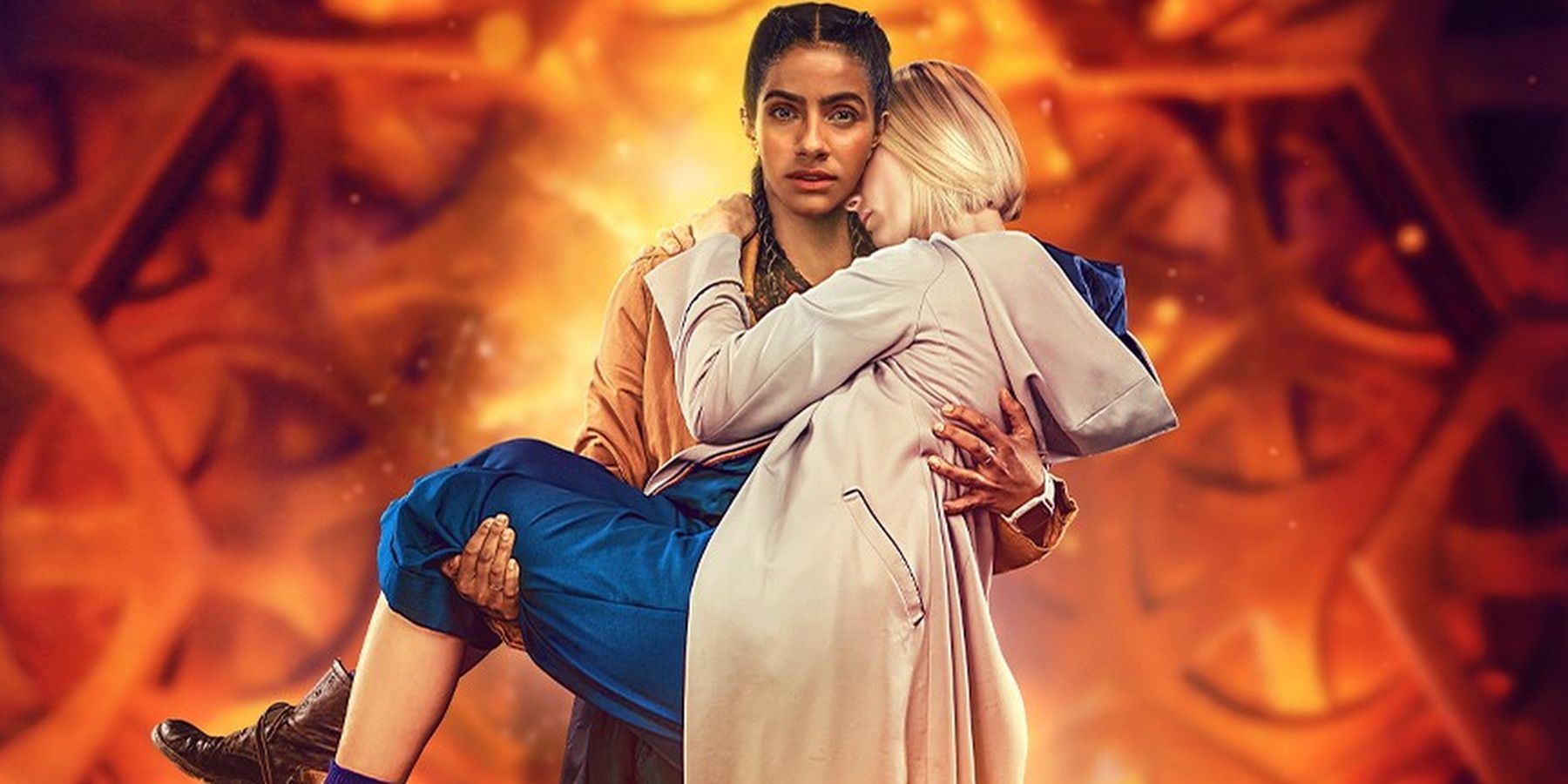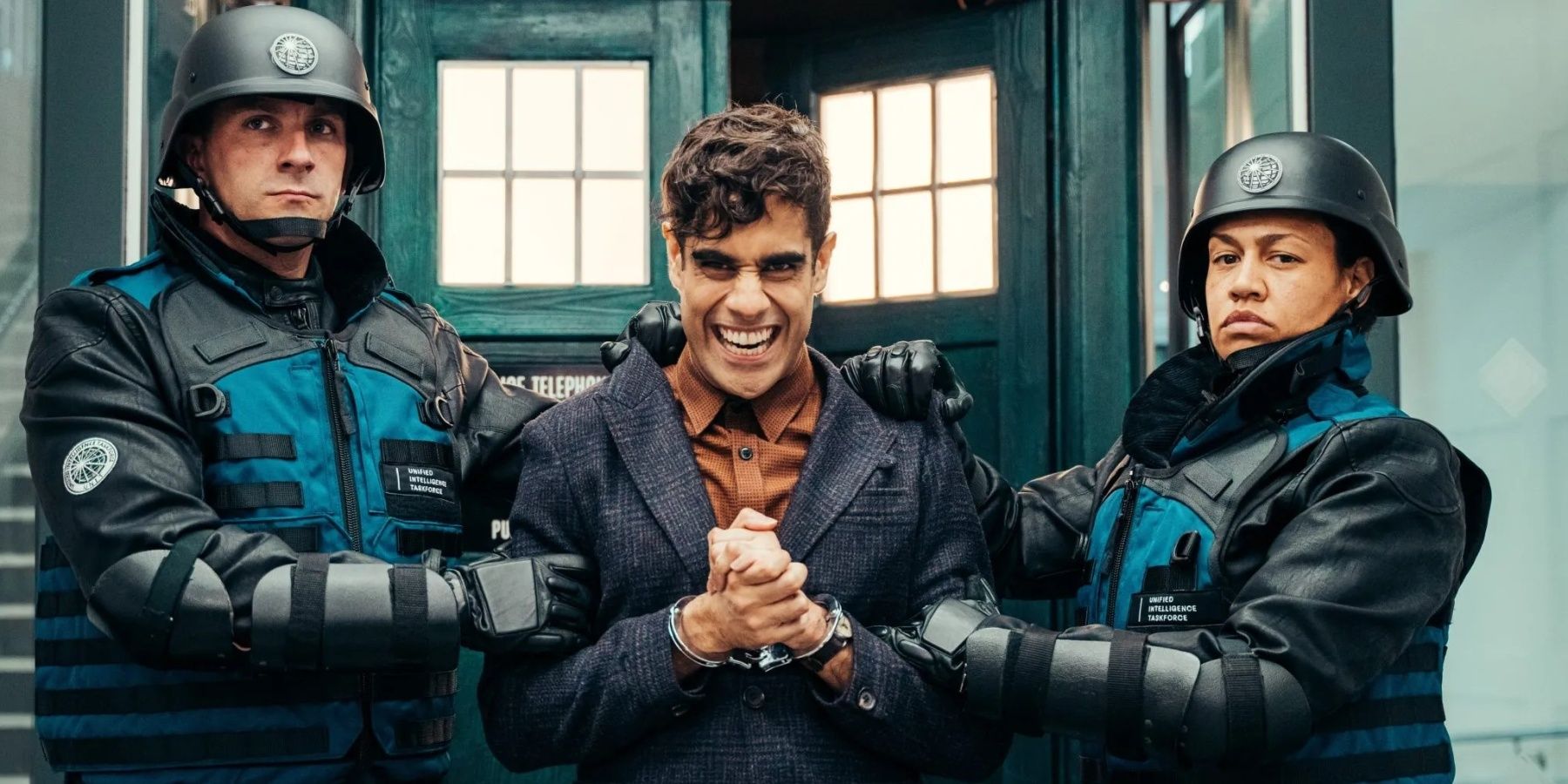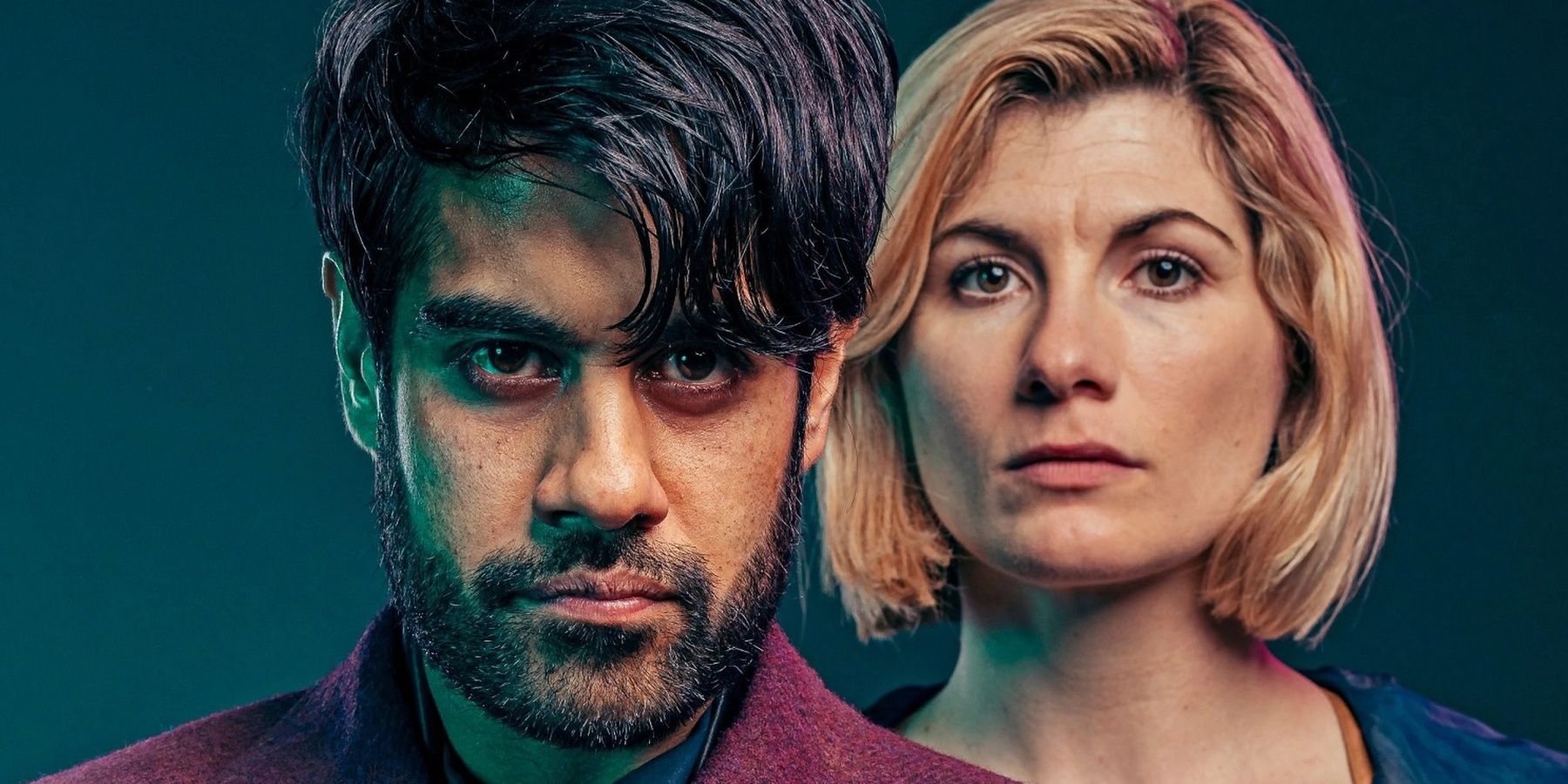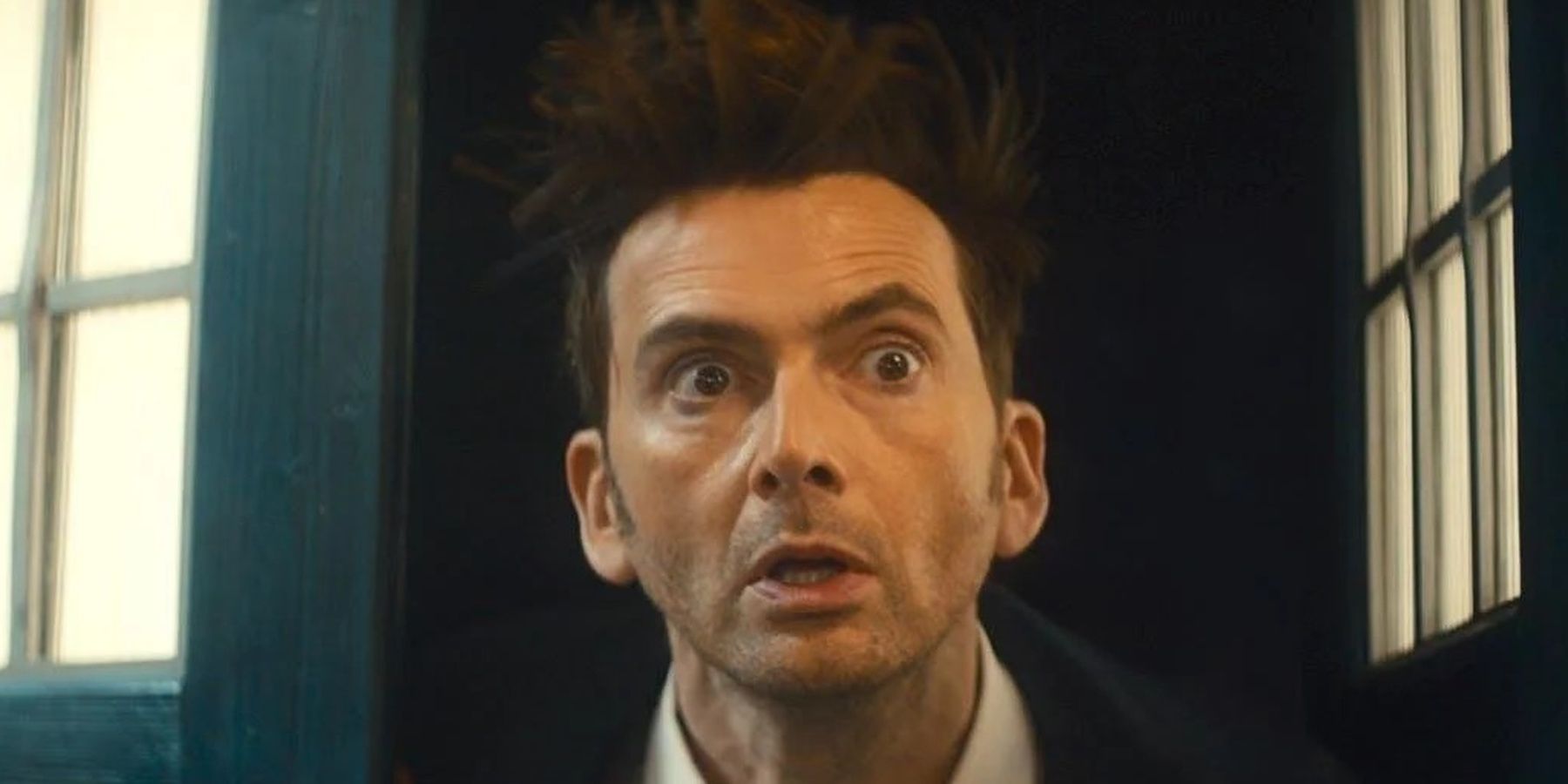Jodie Whittaker has had her last adventure in the TARDIS with her final episode, "The Power of The Doctor." The feature-length episode, which also served as part of the centennial celebration of the BBC as well as a prelude to the 60th anniversary of Doctor Who itself, starts out with a bang and the consequences of the episode are likely to reverberate throughout the next series. Needless to say, this article will contain spoilers for the Thirteenth Doctor's swansong, so proceed with caution.
There can't be a swansong without an ending. Jodie Whittaker has ended her time in the TARDIS with an epic showdown filled with cameos, references — and as is traditional, an extremely emotional farewell followed by a shocking regeneration. With the events of Thirteen's regeneration still reverberating, what does it mean for future regeneration stories and the upcoming specials?
A constant in Doctor Who, and one of the reasons it has been able to endure for so long, is that The Doctor can regenerate. If mortally wounded, The Doctor's alien Time Lord anatomy allows for their body to regenerate into a new one. The new incarnation of The Doctor will retain all the memories of those that have come before, despite being physically and psychologically different. Of course, throughout the history of the show, the rules of regeneration have been tweaked and changed most notably during Whittaker's run as the Thirteenth Doctor.
During Thirteen's tenure, the Timeless Child was introduced, changing the history and origin of The Doctor. In the saga, it was revealed that The Doctor was in fact the Timeless Child, discovered by the First Tecteun. They actually lived many lives before what audiences know as the beginning of The Doctor's story as The First Doctor. From the Timeless Child came the ability of the Time Lords to regenerate, after Tecteun experimented on them to recreate their regenerative ability. The previous canon was that Time Lords can only regenerate 12 times, with a total of 13 incarnations. The end of "The Power of The Doctor" sees the arrival of The Fourteenth Doctor.
In "The Power of The Doctor," Thirteen and Yaz come up against familiar foes in the Daleks, Cybermen, and The Master (Sacha Dhawan putting in another show-stealing, unhinged performance). Meanwhile, they team up with some old friends in Tegan (Janet Fielding), Ace (Sophie Alred), Vinder (Jacob Anderson), Graham (Bradley Walsh) and UNIT Director Kate Lethbridge-Stewart (Jemma Redgrave). The Master has aligned himself with both the Cybermen and the Daleks and created a planet purely designed to convert humans into Cybermen, powered by a rare sentient energy being and his TARDIS.
There is another purpose to the planet that The Master reveals after capturing The Doctor. He intends to use the energy being produced by it to inflict an old Time Lord punishment on her: forced regeneration. He accomplishes his goal, not only forcing her to regenerate, but forcing her to regenerate into him. The Master becomes The Doctor and promises that The Doctor is gone forever. Of course, though, this is Doctor Who and there is more than one twist left in the tale.
After forcing regeneration, The Doctor's consciousness finds itself in an in-between place, where all previous incarnations have found themselves before passing over. Here, she is met by a representation of many of her past incarnations. The First (David Bradley), Fifth (Peter Davison), Sixth (Colin Baker), Seventh (Sylvester McCoy), and Eighth (Paul McGann) incarnations all reveal themselves to her, offering comfort, explanations, and encouragement to overcome The Master's usurping of her body. With the help of all of her assembled companions and a very clever holographic version of herself, they are able to undo the regeneration and bring back Thirteen, and put The Master back in his failing body.
The celebration is short-lived when The Master wields the power of the energy supply of the planet and fires a devastating energy beam at Thirteen. There is no chance of recovery, and after being unconscious for a time, regeneration energy begins to slowly bloom from her body. With the time left, The Doctor and Yaz share an emotional farewell with Yaz ultimately leaving before her regeneration. Deciding to take in one last sunrise, The Doctor lands the TARDIS steps outside. She says her goodbyes, and a burst of energy and swelling music hails her regeneration.
In an unheard-of situation, The Doctor regenerates into David Tennant, the Tenth incarnation. In a call back to his original debut, Ten, now Fourteen, runs his tongue over his teeth and states "I know these teeth!" Upon realizing he has regenerated into a former incarnation, he expresses complete bewilderment and shock. How has this happened?
What we know from behind-the-scenes leaks and revelations post-airing of the special is that Tennant is apparently technically playing the Fourteenth Doctor and Ncuti Gatwa will be entering as Fifteen in 2023. We also know that Catherine Tate will also be back as Donna Noble. What we don't know is how this backward regeneration has happened.
There are three upcoming specials celebrating the 60th anniversary of Doctor Who, which will be airing in November. While nothing is known about the plot, the left-field regeneration of Jodie Whittaker into David Tennant will surely be a prominent theme of at least the first episode, if not all three. The Doctor's ability to regenerate into past forms has potentially huge implications for the series further down the line. Depending on the reasoning for this regeneration, it could open doors for other actors to return to the role for longer periods of time.
The main question to explore is obviously how The Doctor has become a past form. Is there an innate ability to control regeneration? It's possible, but The Doctor is genuinely shocked after regenerating, so it doesn't appear to be a conscious decision on the surface. Did Thirteen's time in the between place influence this regeneration cycle? Did their contact with past consciousnesses bringing them to the surface, somehow influencing the process? Did the trauma of The Master stealing The Doctor's body somehow call up a past body as a type of defense mechanism or in search of familiarity and safety? Perhaps there is an outside force involved. We know that Neil Patrick Harris has joined the show, at least for the specials. Could his role (which many have speculated is that of the classic series villain, the Celestial Toymaker) have something to do with it?
There have always been questions regarding regeneration, especially with the nature of it seeming to change and be redefined over the years. This new development only adds more questions to the pile. With the 60th anniversary on the way and David Tennant back in the TARDIS, it's safe to say we can expect some answers and potentially even more questions.

